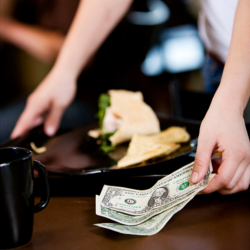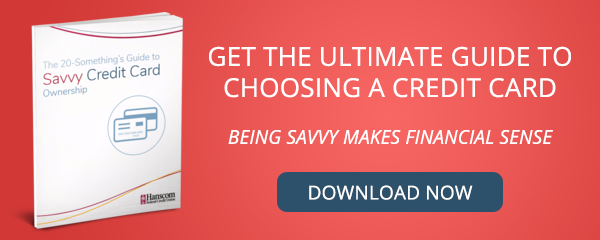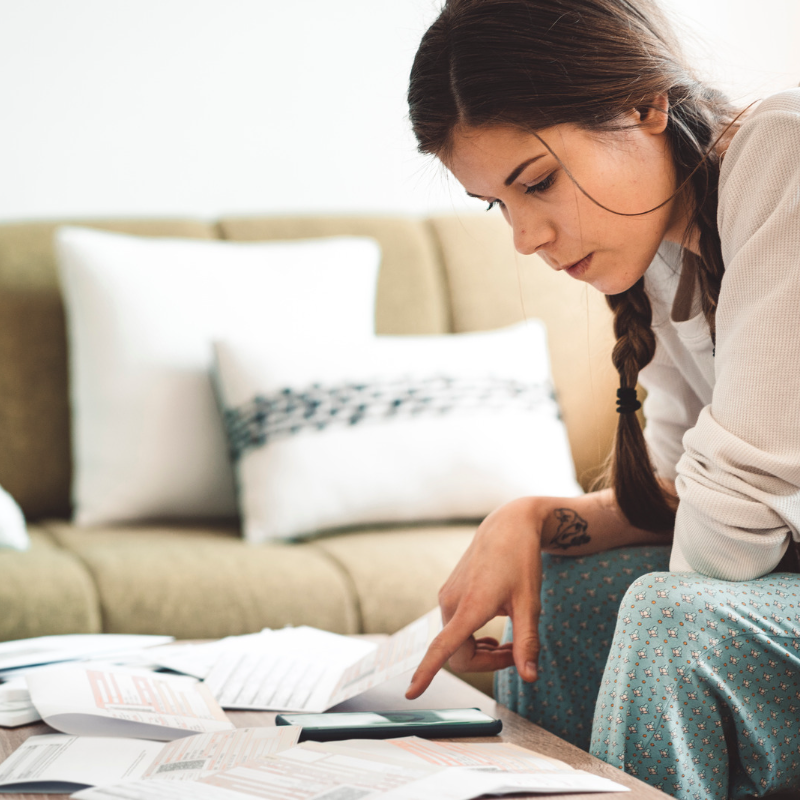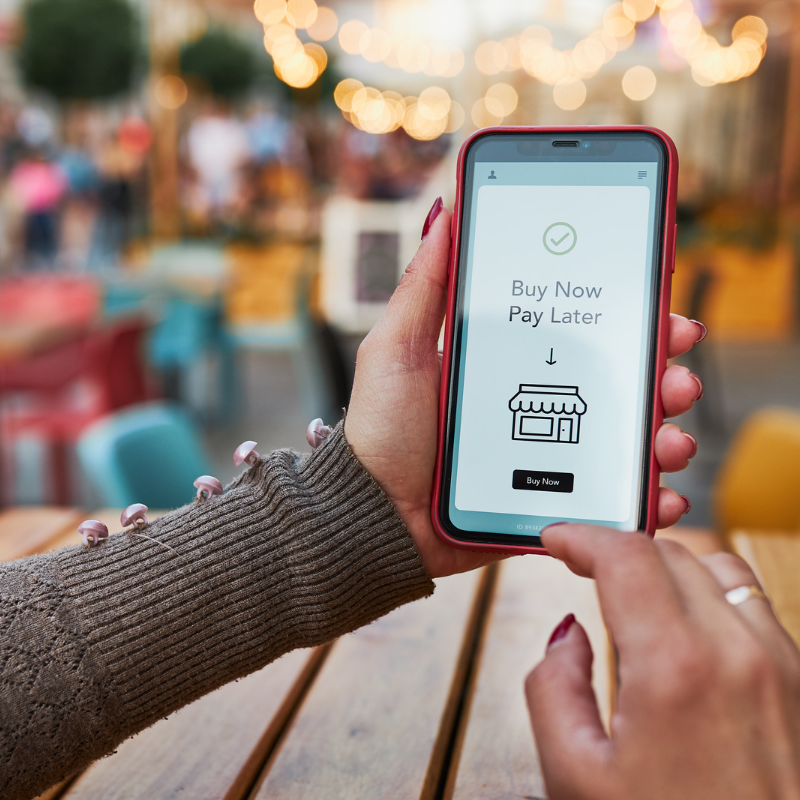I have three Millennial children (anyone born between 1980 and 1995 or so) and each has a credit card. Frankly, it scares me a little because I’m so afraid they’re going to fall into debt just like I did when I was their age. I understand their desire to have one, but I’ve also watched them get into trouble (carry a monthly balance) and listened to their complaints about being in credit card debt.
All I can do is urge them not to use the card unless it’s an emergency. And typical of children, they go and do what they want anyway.
I wish they were like the majority of Millennials who have chosen not to get caught up in the craziness of credit cards. According to a survey compiled by Bankrate, about 63% of Millennials don’t have a credit card, compared with about 35% of adults 30+. Of those Millennials who do have a card, only 40% pay it off every month and they’re much more likely to miss a payment than adults 30+.
Many Millennials are already very familiar with debt in the form of college loans. The average student graduates with about $29,400 in school loans. With that much debt, it’s no surprise that they’re shying away from credit cards — having one just increases their risk of getting even further into debt.
No credit card = no credit card debt. It’s that simple.
But there are downsides to living credit card-free as well.
Learn more about the dos and dont's of credit cards.
Without a credit card it’s harder to establish credit history, something that’s vital if you need an apartment or a job, or don’t want to pay crazy high rates on a car loan, insurance or a mortgage. Even if you’ve got a nice nest egg in the bank, with a low or nonexistent credit score you can’t get a good rate on a loan. That means that not using credit will cost you money in the future in terms of higher loan rates. (And a credit card comes in really handy when there’s an emergency.)
So what’s the best thing to do?
• If you choose to live life without a credit card, make sure you pay any student loans or personal loans on time and always pay at least the minimum amount required.
• Have at least one household or utility bill in your name.
• Get a secured credit card that’s backed by money you deposit into an account, which means you can’t charge more than you have on deposit.
• If you have high interest on other loans, look into the options to transfer debt to a credit card to save money and establish credit history at the same time (just make sure you make payments and pay it off quickly).
Go ahead and skip getting a credit card and running the risk of getting into debt. Just be aware of the impact it will have on your future borrowing power and find other ways to write your credit history.














Comment